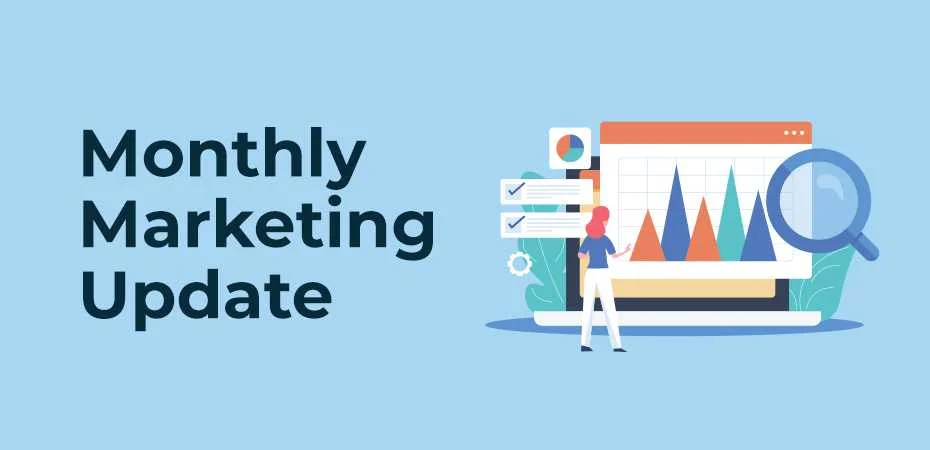April 30, 2024
| Article | by REQ Media Team | Advertising,
Analytics,
Content,
Search Engine Optimization
Monthly Marketing Update: GA4 Updates + AI Content Creation Best Practices + IP Protection
Analytics
GA4 ‘Advertising’ Section Updates
Google is continuing to improve the integration of data-driven platforms into Google Analytics. Users can now directly import Salesforce data into Google Analytics and be categorized into GA4 events to measure performance and milestones. Google is also pushing users to link their Display & Video 360 accounts to their Google Analytics. This is highly recommended as it will provide a clearer picture into how your display efforts are contributing to your full-funnel approach across different channels.
Earned Media
Best Practice for Using AI for Content Creation
As AI continues to grow in terms of capabilities and use, avoid the mistakes others have made and the consequences that can come from them. AI is great for idea generation, research, and drafting copy, but it is best to approach it as a collaborative tool paired with human expertise. Site owners have made the mistake of purely relying on the output from AI tools and posted inaccurate and valueless content. Google has made ranking system updates to prevent sending users to this type of content and consequences have even gone as far as de-indexing websites from search engine result pages. Human expertise needs to be involved and educated in the process of producing and editing content when using AI. Using AI detection and plagiarism tools with similar algorithmic programs to search engines’ is also highly recommended. AI tools are a great way to improve efficiency, but content needs the proper tone, authoritative and trustworthy perspective that only a human expert can provide.
What to Consider with AI Answer Engines
Another AI answer engine has been introduced by Brave Search. Similar to ChatGPT, a user enters in a prompt or question and AI will pull content from top search results and directly deliver the answer to the user. While Brave Search’s AI engine will provide the user the source that the information was collected from, this may disrupt the normal interaction of the user visiting the site through a link in the results. Brave Search has addressed that they are aware and are researching how much of an effect this can have on sites’ traffic, but what can site owners do to prevent this disruption? Provide timely updates to your site of high-quality and relevant content that adds unique information not found in the generated results. This will ensure that you are the source of information for the answer to the user's question which will provide them a link to your site. Once your site appears as the trusted source with an accurate answer, the user may opt to directly visit your site in the future rather than use the AI engine which can pull from a wide range of sites.
Paid Media
Google’s Push for IP Protection
Google has begun expanding its efforts of user privacy by developing and testing a two-hop proxy to protect users' IP addresses. Essentially this allows users to mask their identities and locations from advertisers and third-party audience gathering tools. Audience data will now be more difficult to gather and location targeting may be less effective. Since Google will still have access to the information, Google Ads will now have an even stronger hold of the paid search market. Enhanced conversions, which allow Google Ads and Display and Video 360 to optimize based on user information through hashed data collected by Google, are now a must when running paid media campaigns on Google platforms. Advertisers should already be making efforts to invest in cookieless data as user privacy and protection increases.

